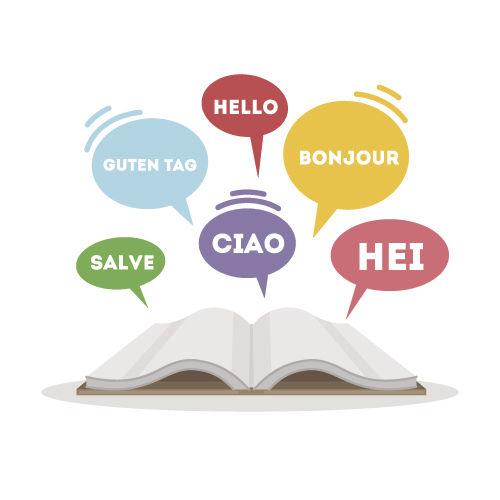Letter: Equitable Education for ELL

Student-led language classes complement language classes offered at Iowa State by teaching the cultural and informal aspects of language and providing experiences not typically available in faculty-taught classes.
April 28, 2019
It is suggested that by 2025 there will be 10 million English language learners (ELL), but ELL students are continually underperforming on standardized tests and are being left behind. Equitable education is the law in the United States and that doesn’t mean equal education, it means education that allows opportunities for all students to succeed. In order to provide equitable education, schools must provide digital equity, or the access to digital tools, resources and services to increase digital knowledge. By using technology, ELL students can become successful with future opportunities.
Several new apps have been developed in the past decade for language learners such as Babbel and Duolingo which can be useful, but lack the cultural and emotional component needed to engage students in meaningful learning to spark an interest. Researchers have found that implementing technology is not enough. Teachers must integrate technology in a way that allows for tasks, that would be impossible without it, to be possible. This includes creating digital media such as blogs, using social media to connect with the global community, or providing stories that show different perspectives in a transmedia approach.
Think back to when you learned how to type on a keyboard. What were the motivating factors that propelled you to learn? For me, it was so that I could chat with people on MSN messenger, look up videos on YouTube, and to search for games on the internet. These motivators were intrinsic motivators, meaning they gave me inherent enjoyment without outside factors. I did not learn to type because my teachers told me it was necessary, or because I needed it to pass my class. This is what is happening with ELL students. They are being told to learn a language because it’s a necessity to pass the class, but most students learn better when they are motivated from within, the emotional or cultural component.
New technology such as Spotlight, Listenwise and Storyworld have been developed to help English learners, not only students, to practice and advance their language skills with real world applications. These platforms allow people to stay informed on community activities, create and read articles and news stories in several languages and the ability to listen to news broadcasts which increases their comprehension.
Although these new platforms and technology are great for equitable learning, teachers need to be educated on the integration, not substitution, of technology so that students can participate and collaborate on real-world, authentic tasks. When teachers provide opportunities for students to practice what they have learned to complete authentic tasks, it has been shown to increase transfer from in the classroom to everyday life and helps them engage in meaningful learning, and therefore, organize knowledge more efficiently and recall information easier.






